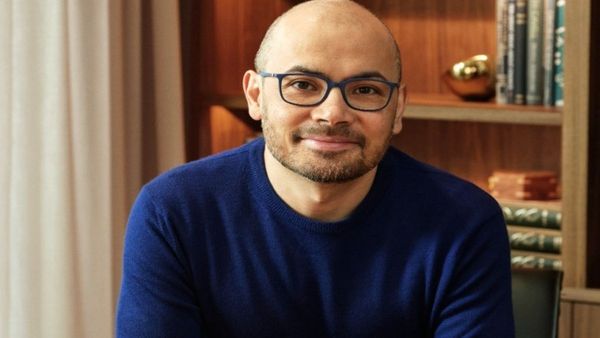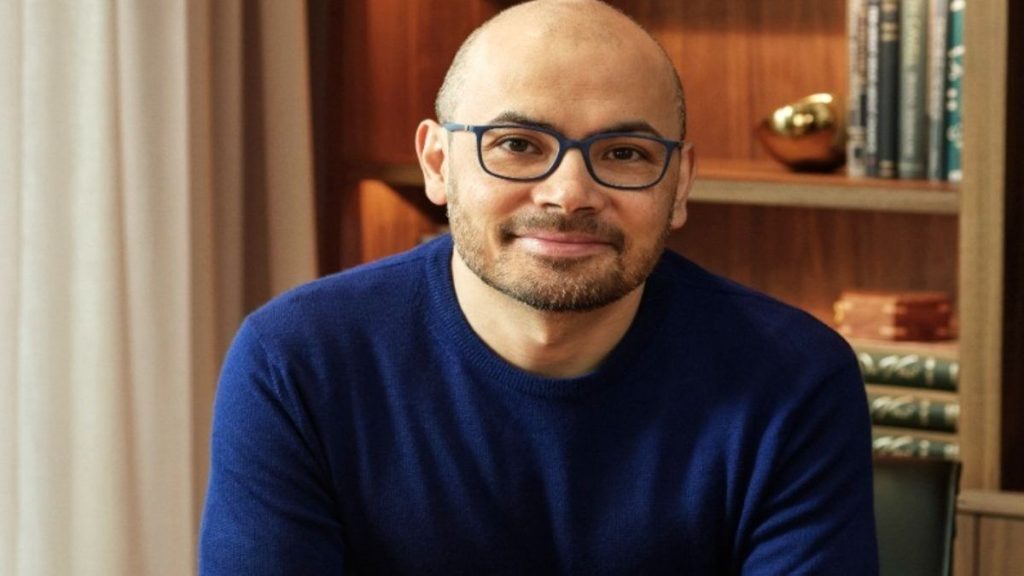As AI technology evolves, industry leaders like Amazon’s Andy Jassy and Google DeepMind’s Demis Hassabis discuss its impact on job displacement and creation. While some positions may vanish, new roles requiring human empathy and skills are expected to emerge.
Artificial Intelligence
-Prakash KL

As
artificial
intelligence
(AI)
systems
advance,
concerns
about
job
displacement
are
rising.
Recently,
Amazon’s
CEO
Andy
Jassy
mentioned
that
AI
might
reduce
their
workforce
in
the
future.
Nvidia’s
CEO
Jensen
Huang
echoed
this
sentiment,
stating,
“Everybody’s
jobs
will
be
affected.
Some
jobs
will
be
lost.
Many
jobs
will
be
created
and
what
I
hope
is
that
the
productivity
gains
that
we
see
in
all
the
industries
will
lift
society.”
Google
DeepMind’s
CEO
Demis
Hassabis
is
a
key
figure
in
AI
development
and
believes
AI
currently
acts
as
an
enhancement
tool.
He
predicts
significant
changes
in
employment
within
five
to
ten
years.
In
a
Wired
interview,
Hassabis
expressed
optimism
about
new
job
creation
due
to
AI
advancements,
saying,
“I
think
there’s
gonna
be
a
lot
of
change
with
the
jobs
world,
but
I
think
as
in
the
past,
what
generally
tends
to
happen
is
new
jobs
are
created
that
are
actually
better,
that
utilize
these
tools
or
new
technologies.”
AI-generated
summary,
reviewed
by
editors
CEOs
like
Andy
Jassy
(Amazon),
Jensen
Huang
(Nvidia),
and
Demis
Hassabis
(Google
DeepMind)
have
discussed
the
potential
impact
of
artificial
intelligence
on
employment,
with
anticipated
job
losses
and
creation.
Hassabis
believes
AI
will
primarily
act
as
an
enhancement
tool,
though
it
might
replace
doctors
but
not
nurses
due
to
the
necessary
human
empathy.

AI’s
Impact
on
Healthcare
Jobs
During
his
discussion
with
Wired,
Hassabis
was
asked
if
artificial
general
intelligence
(AGI)
could
perform
all
human
tasks
and
potentially
replace
new
roles
it
creates.
He
explained
that
while
AI
might
replace
doctors
by
assisting
with
diagnoses,
it
cannot
replace
nurses
due
to
the
empathy
required
in
their
role.
“There’s
a
lot
of
things
I
think
we
won’t
want
to
do
with
a
machine,” Hassabis
told
the
publication.
“You
know,
I
sometimes
give
this
example
of
doctors
and
nurses.
Maybe
a
doctor
and
what
the
doctor
does
and
the
diagnosis,
one
could
imagine
that
being
helped
by
AI
tool
or
even
having
an
AI
kind
of
doctor,”
he
added.
Hassabis
elaborated
further
on
why
nursing
remains
irreplaceable
by
machines:
“On
the
other
hand,
like
nursing,
you
know,
I
don’t
think
you’d
want
a
robot
to
do
that.
I
think
there’s
something
about
the
human
empathy
aspect
of
that
and
the
care,
and
so
on,
that’s
particularly
humanistic.
I
think
there’s
lots
of
examples
like
that
but
it’s
gonna
be
a
different
world
for
sure,” he
noted.
The
conversation
around
AI
replacing
human
jobs
continues
to
evolve
as
technology
progresses.
While
some
roles
may
become
obsolete
or
transformed
by
AI
tools,
others
will
emerge
requiring
human
skills
like
empathy
and
care.
The
future
job
landscape
will
likely
reflect
these
shifts
as
society
adapts
to
technological
advancements.


